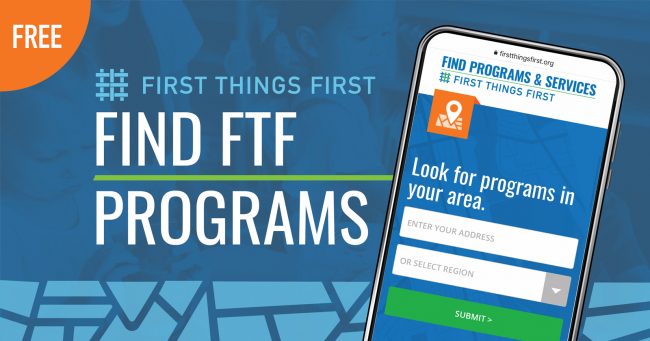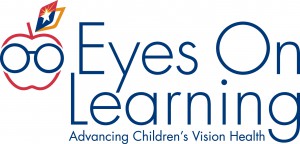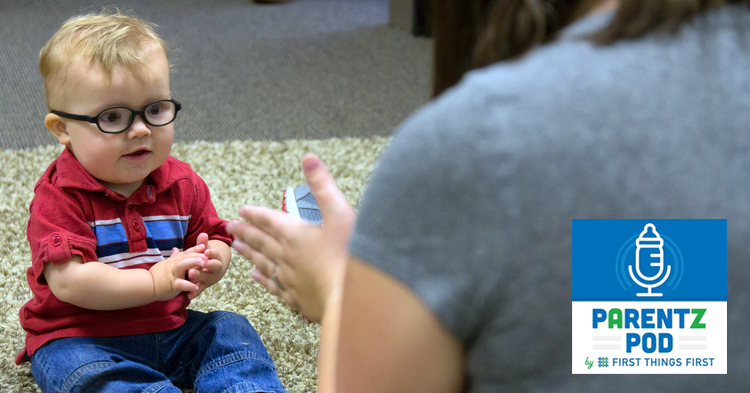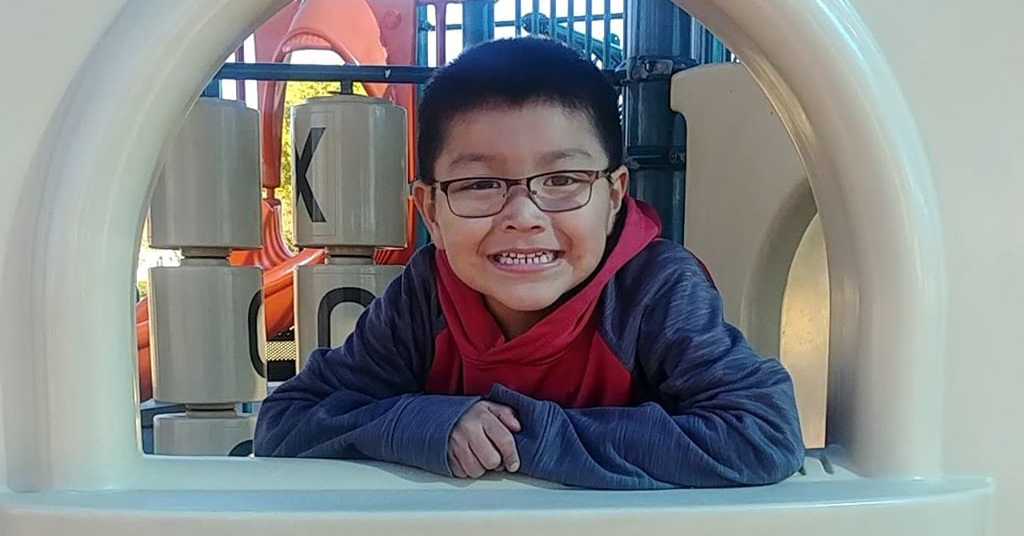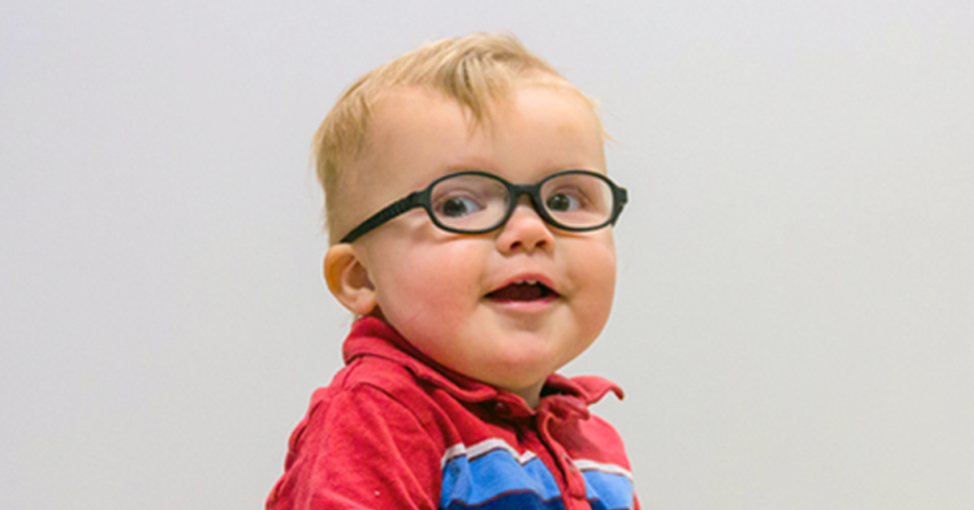
Your little one learns through their senses and experiences. Their eyesight, which develops rapidly in early childhood, is a big part of how they explore, discover and connect with you and their other caregivers. And because they learn so much through their eyes, it’s important to make sure your child’s vision health is part of their regular check-ups.
Any problems with your child’s eye health and vision development are easier to correct with early treatment. Most can be treated successfully, usually with glasses, eye drops or patches. But uncorrected vision problems can affect their ability to learn to read and do well in school later on. And some, like lazy eye (amblyopia), can cause permanent vision loss if not caught and treated early.
Children Don’t Know What They Can’t See
Babies obviously can’t tell you if they’re not seeing well, but toddlers and older children rarely complain about vision problems. They usually think everyone sees the world the way they do. But statistics show that about 1 in 20 preschoolers have vision problems, so they’re fairly common.
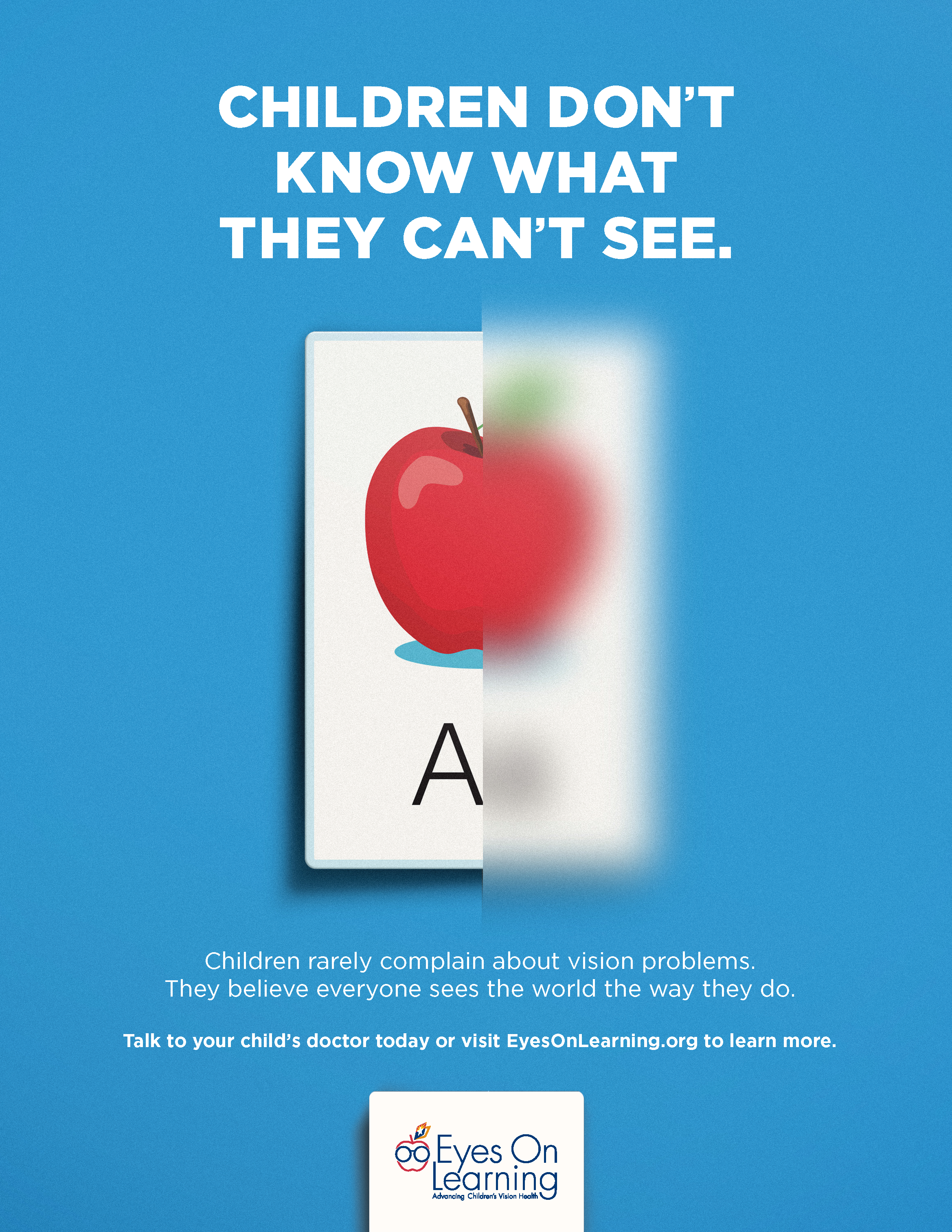
Ask for a Vision Screening
The best thing you can do for your young child’s vision health is to talk with your doctor or healthcare provider about giving your child a vision screening. They may do a vision screening during a well-child visit, but if they don’t, you can ask for one. (‘I noticed my child didn’t get a vision screening today. I know it’s important, and I want my child’s vision screened.’) You can also get vision screenings through home visiting programs, Head Start and other child care programs, and some community health fairs.
If you’re covered by AHCCCS, (Arizona’s Medicaid program), all children’s vision services are free. That includes screenings, eye exams and treatment. Most insurance plans that cover young children include vision services, and there are options available even if you don’t have insurance. Get more information here.
|
In addition to checking with your child’s doctor or healthcare provider, First Things First supports a variety of free screenings for young children in several FTF regions across Arizona:
Learn more about Developmental and Sensory Screenings and use our search tool to see if programs are available near you. |
When Should Your Child’s Vision Be Screened?
- For the first time, as early as age 1
- At least once between 3 – 5 years old
- Every 1 to 2 years throughout grade school
Your child should get their first vision screening after their first birthday as part of their well-child visit with a doctor or healthcare provider. They’ll ask you some questions about your child’s health and behavior (Does your baby rub their eyes? Any unusual redness or crusting in the eye area?), and they’ll examine your child’s eyes and check their ability to track an object. They may look into your child’s eyes with a lighted instrument (ophthalmoscope) or use a photoscreener (autorefractor) to take a picture of your child’s eyes.
Your child’s vision should also be screened at least once between the ages of 3 and 5 by their primary healthcare provider or a trained screener. Toddlers and preschoolers get vision screenings using charts to measure how well they can see. Your child will be asked to stand at a distance and identify the shapes or letters on the chart. Each eye should be tested separately. If your child isn’t able or willing to cooperate in a vision screening with charts, a photoscreener can be used.
If your child fails a vision screening, you’ll be referred to an eye doctor for a more complete eye exam. An eye doctor (optometrist or ophthalmologist) will determine if your child has a vision problem. And if so, how to treat it, with glasses or other options.
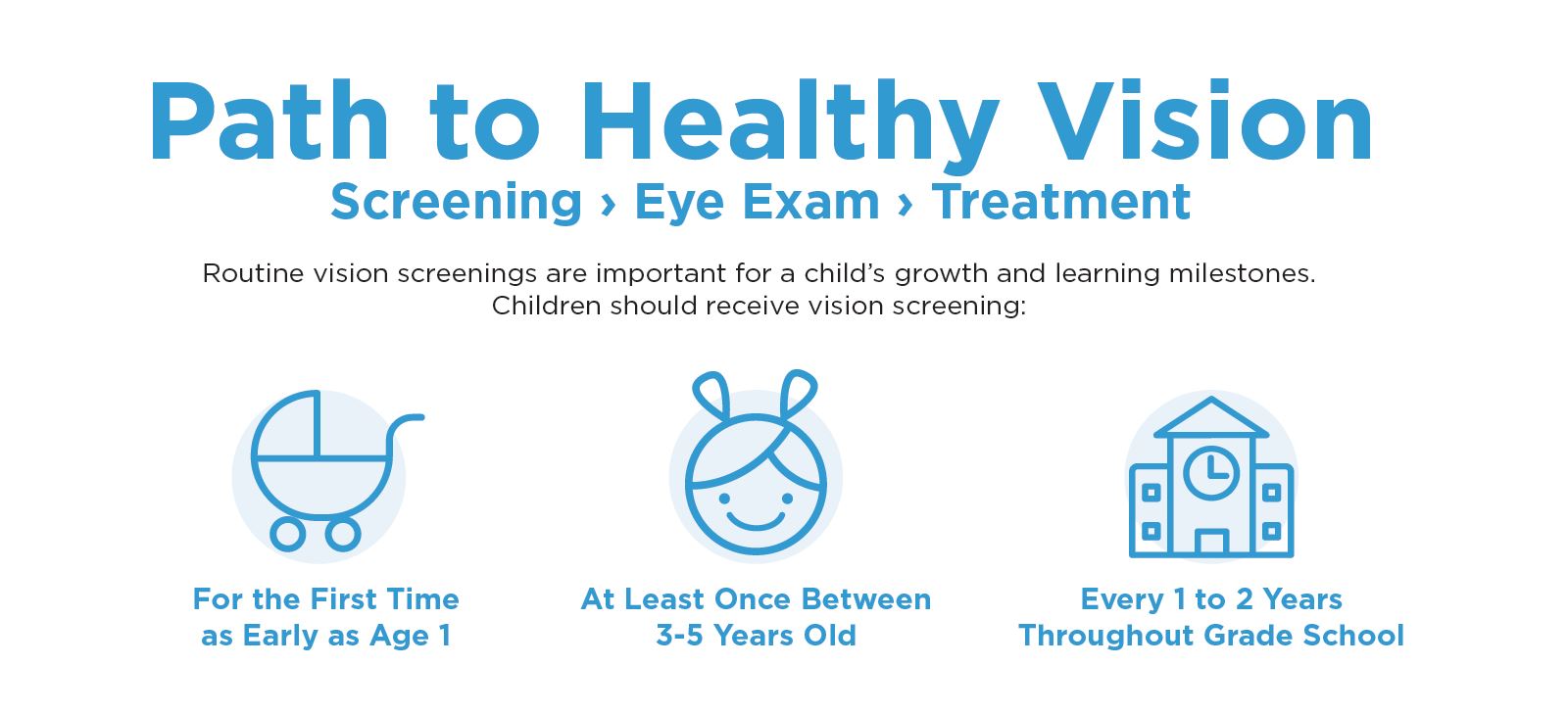
Things to Keep in Mind
- Asking your child to follow an object with their eyes may be used as part of a vision screening for young children, but it’s not a complete vision screening.
- A vision screening is not necessary for children with certain developmental delays that cause difficulties with language and speech, motor skills, behavior, memory, learning, or other neurological functions. Instead, eye doctors recommend that all children with these types of delays receive a comprehensive eye exam.
Learn More About Vision Health
Visit EyesOnLearning.org for more information, tools and resources to help support your child’s healthy vision.
Eyes on Learning is Arizona’s vision health initiative dedicated to making sure that children with vision problems are identified early and receive an eye exam and follow-up treatment to achieve better vision health.
And listen to the First Things First pArentZ pod for more information about vision health for young children.


